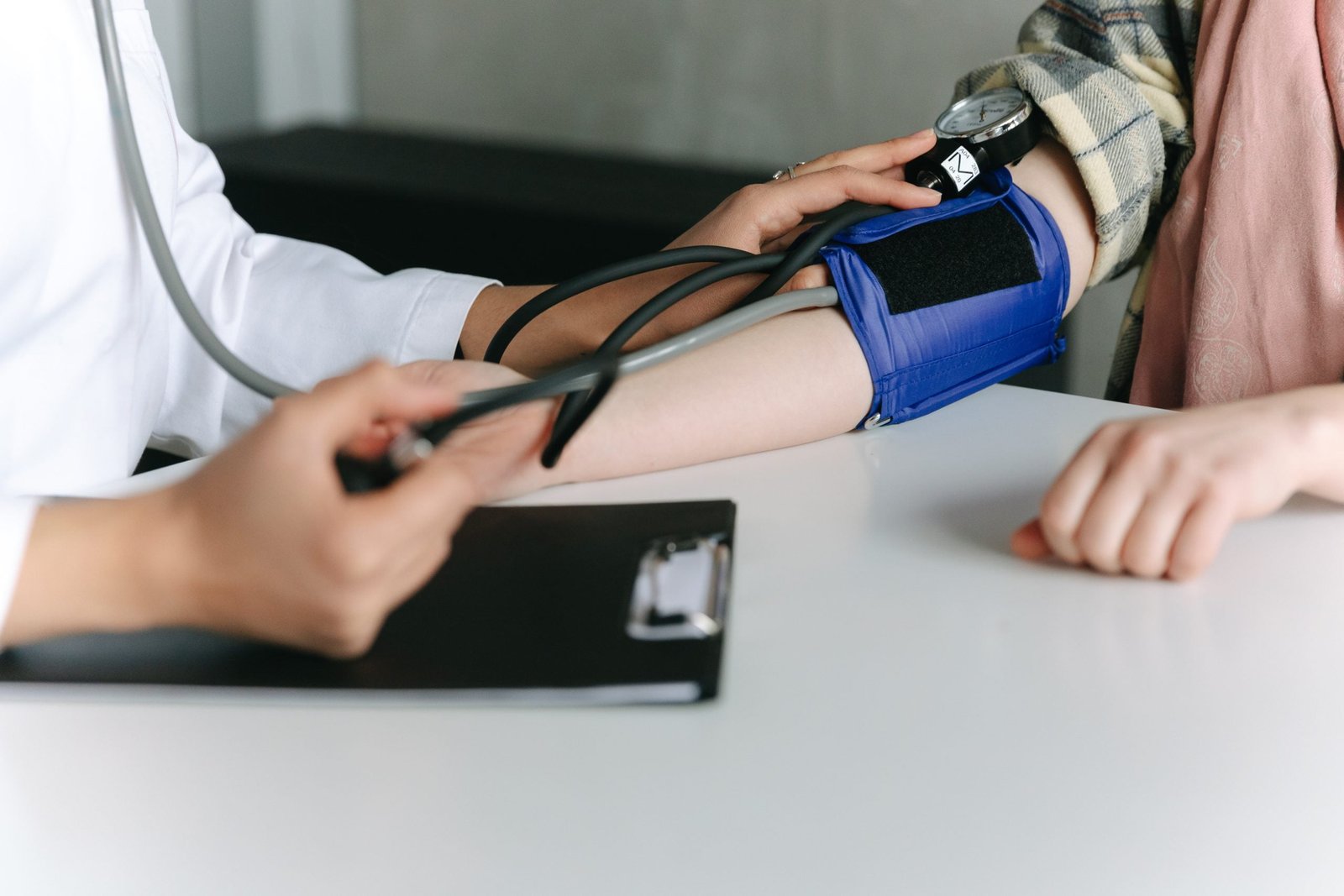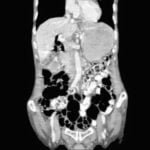
Top queries on Hypertension Part-2
| Contributed by Dr. Vipul Agarwal M.B;B.S MD(Internal Medicine) Consultant physician Department of Internal Medicine Yenepoya medical college, Mangaluru You can find me at- E-mail: vipul.msrmc@gmail.com For online/ offline appointments- please contact 7204094071 Here we continue our discussion from last month on hypertension What should I do if I can’t afford all my medicines? If you can’t afford your medicines, talk to your doctor, nurse, or pharmacist. They might have ways to lower the costs of your medicines or be able to help in other ways. Do not skip doses or take smaller doses to try to save money. This could cause serious health problems. Ask for medicines that are available as generics Ask your doctor, nurse, or pharmacist if any of the medicines you take are “brand name” medicines, which could be switched for less expensive “generic” medicines. Generic medicines are copies of brand-name medicines, and are usually much less expensive. They contain the exact same medicine as the brand-name medicine, and they have been tested and shown to be just as good. The table shows how some generic medicine prices compare with the brand versions. Many newer medicines do not come as generics. So it’s not always possible to switch to generics. But when it is possible, it can save a lot of money. Always compare prices There can be big differences in the price charged for the exact same medicine depending on what store you are using. Shopping around for a good price on your prescriptions can save you a lot of money, especially for generics. Big chain retail stores often have great prices on many generic medicines. Their prices can be very low. Find out if the medicines you take are sold at low prices by asking at the store or by going online. You can check with online pharmacies like 1mg.com or nedmed.com etc and compare the price of various brands online.. Ask about splitting pills Some medicines cost the same no matter what strength the pill is. In some cases, you can get pills at double the strength you need, and get new instructions from your doctor to cut the pills in half. That way you take half a pill for each dose and get your medicine at about half the cost. Many pills, including some used to treat high cholesterol, high blood pressure, and diabetes, can be safely split in half. But it is not safe to split all medicines. If you want to try pill splitting, first ask your doctor if it’s a good idea and if it will save you money. If they say it is OK to split a pill, make sure you understand the new instructions and always use a pill splitter. Get help paying for the medicines you need If you still can’t afford your medicines even after following the steps described above, you might be able to get help another way. Many of the anti- hypertensive drugs are available at government hospitals free of cost. Why do I need medicines to treat high blood pressure? Having high blood pressure puts you at risk for heart attack, stroke, kidney damage, and other serious problems. The medicines your doctor prescribes to treat high blood pressure can help reduce the risk of these problems and help you live longer. It’s very important that you take your blood pressure medicines every day as directed. High blood pressure doesn’t usually cause symptoms, so people sometimes don’t take it seriously. Plus, blood pressure medicines can cause side effects and be expensive, so it’s easy to understand why people don’t like to take them. But if you are tempted to skip your medicines, remember, they can save your life! If your medicines cause unpleasant side effects, or if you can’t afford your medicines, talk to your doctor. There are often ways to deal with these problems. The first step is to let your doctor know. Which medicines might I need? There are lots of different medicines to treat high blood pressure. But some of the medicines have other health benefits besides lowering blood pressure. Your doctor will decide which medicine is best for you depending on: ●How high your blood pressure is ●Your other health problems, if you have any ●How well you do on the medicines you try Your doctor might need to change your medicine or its dose a couple of times to find the medicine and dose that work best and cause the fewest side effects. Plus, you might need to take more than 1 medicine to get your blood pressure under control. Whatever your doctor prescribes, it’s important to take your medicines exactly as prescribed . But always let your doctor know if you have any problems with the medicines. That way they can make changes so that you are as comfortable as possible and also get the most benefit. Never stop or make changes to the way you take your medicines without talking to your doctor or nurse first. Tips on taking oral medicines
Below is a list of the most common types of medicine given to people with high blood pressure: ●Medicines called “diuretics” ●Medicines called “angiotensin-converting enzyme inhibitors” (“ACE inhibitors”) or “angiotensin receptor blockers” (“ARBs”) ●Medicines called “calcium channel blockers” ●Medicines called “beta blockers” Diuretics Diuretics are sometimes called “water pills,” because they make you urinate more than usual. Some examples of diuretics include chlorthalidone, indapamide, hydrochlorothiazide (also known as HCTZ), and furosemide (brand name: Lasix). ACE inhibitors and ARBs ACE inhibitors and ARBs are often grouped together, because they work in similar ways. These medicines can help prevent kidney disease in some people. Doctors often prescribe them for people with diabetes, because people with diabetes have a higher-than-average risk of kidney disease. Also, people with heart failure who take ACE inhibitors and ARBs live longer than people with heart failure who don’t. Some examples of ACE inhibitors include enalapril, captopril, and lisinopril. Some examples of ARBs include candesartan and valsartan. Calcium channel blockers Some examples of calcium channel blockers include amlodipine, felodipine, and diltiazem. These medicines also help prevent chest pain caused by heart disease. Beta blockers Besides lowering blood pressure, beta blockers help reduce the amount of work the heart has to do. Studies show that people who take a beta blocker after a heart attack are less likely to have another heart attack or die than people who don’t take a beta blocker. Studies also show that people with heart failure who take beta blockers live longer than people with heart failure who don’t. When people first start taking beta-blockers, they sometimes feel tired. That is just while the body gets used to the medicine. But once the body gets used to beta blockers, the medicines can really help. If your doctor prescribes a beta blocker, give it a little time to start working. Some examples of beta blockers include atenolol, metoprolol, and propranolol. What is a high blood pressure emergency? A high blood pressure emergency is a serious – and even life-threatening – condition that can happen when a person’s blood pressure gets much higher than normal. When a person’s blood pressure gets very high, it can lead to problems in one or more of the following organs: ●Eyes – Problems can include bleeding in the back of the eye, or swelling of the nerve that runs from the eye to the brain. ●Brain – Problems can include swelling or bleeding in the brain, or a stroke. A stroke is when a part of the brain is damaged because of a problem with blood flow. ●Kidneys – Very high blood pressure can lead to kidney failure, which is when the kidneys stop working. ●Heart – Heart problems can include a heart attack, heart failure, or damage to a major blood vessel. When your doctor tells you your blood pressure, they say 2 numbers. For example, your doctor might say that your blood pressure is “140 over 90.” When people have a high blood pressure emergency, their blood pressure is usually “180 over 120” or higher. Other terms doctors might use for a high blood pressure emergency are “hypertensive emergency” or “malignant hypertension.” Sometimes, a person’s blood pressure is much higher than normal, but it hasn’t damaged any organs. Doctors call this “hypertensive urgency.” Hypertensive urgency is not usually treated the same as a high blood pressure emergency. What are the symptoms of a high blood pressure emergency? The symptoms depend on the organ or organs affected. They can include: ●Blurry vision or other vision changes ●Headache ●Nausea or vomiting ●Confusion ●Passing out or seizures – Seizures are waves of abnormal electrical activity in the brain that can make people move or behave strangely. ●Weakness or numbness on one side of the body, or in one arm or leg ●Difficulty talking ●Trouble breathing ●Chest pain ●Pain in the upper back or between the shoulders ●Urine that is brown or bloody ●Pain in the lower back or on the side of the body Should I see a doctor? Yes. Call your doctor right away if you have any of the symptoms listed above, especially if you know that you have high blood pressure. Will I need tests? Yes. Your doctor will ask about your symptoms, do an exam, and check your blood pressure. They might use a special light to look in the back of your eyes. Your doctor will also do tests to check how serious your condition is. Tests can include: ●Blood tests ●Urine tests ●A chest X-ray ●A CT scan or other imaging test of your brain – Imaging tests create pictures of the inside of the body. ●A CT scan or other imaging test of your chest ●An ECG (also called an “electrocardiogram”) – This test measures the electrical activity in your heart How is a high blood pressure emergency treated? A high blood pressure emergency is treated in the hospital. Your doctor will give you medicines to lower your blood pressure quickly. These medicines are usually given through a thin tube that goes into your vein, called an “IV.” Your doctor will also treat any problems caused by your very high blood pressure, if they can be treated. People who have a high blood pressure emergency usually need long-term treatment to keep their blood pressure under control. This usually includes: ●Taking medicines ●Following a low-salt diet that includes a lot of fruits and vegetables ●Losing weight (if you are overweight) ●Getting regular exercise
|
Join the mailing list!
Get the latest articles delivered right to your inbox!


